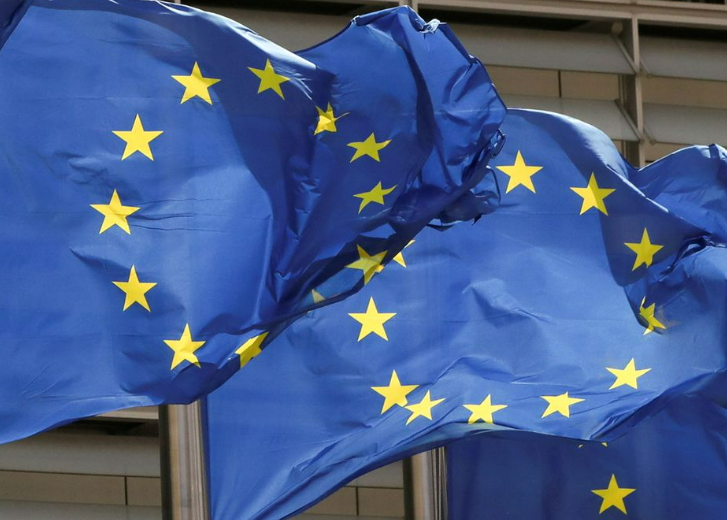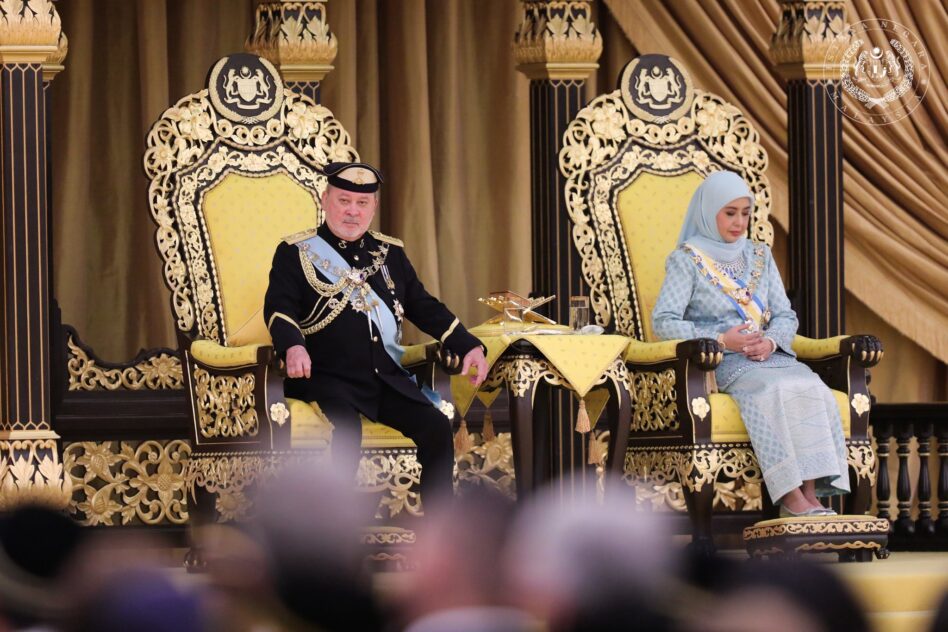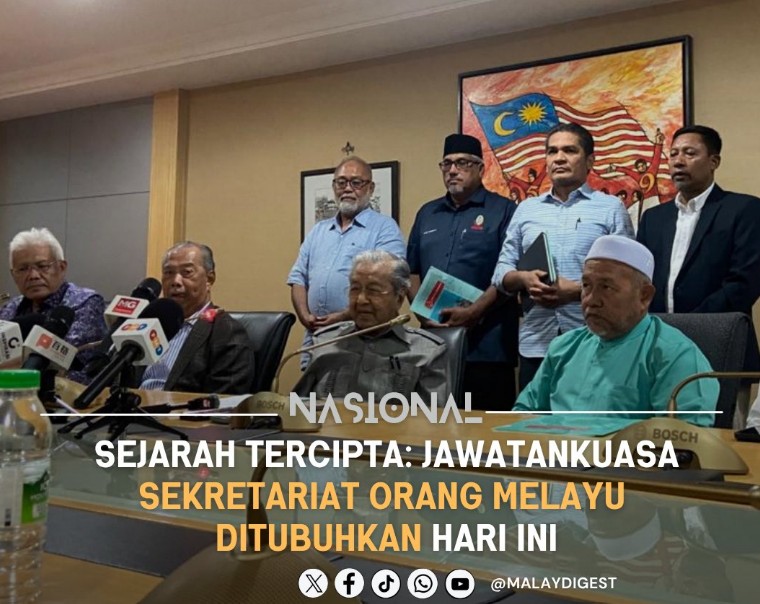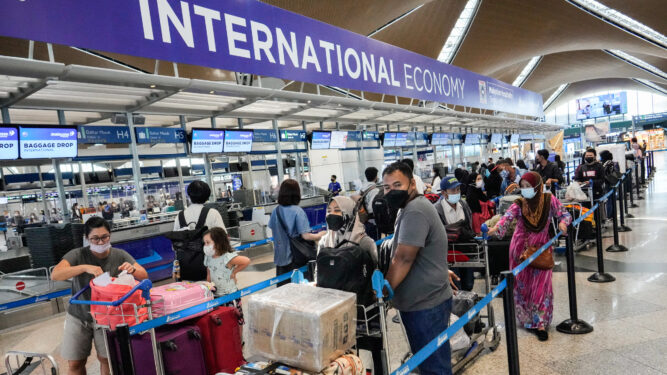Editor’s note: This report does not specifically mention Malaysia but it is worth mentioning that the banning of imports from glove manufacturer Brightway Group over suspected forced labour practices on Dec 20 last year by the US Customs and Border Protection (CBP) was the sixth ban in 18 months on a Malaysian company – and the fifth from the country’s glove manufacturing sector since September 2019.
PRODUCTS made with forced labour or those imported into the 27-country European Union (EU) will be banned under draft rules, according to an EU document seen by Reuters, a move driven by EU lawmakers concerned about human rights in the Chinese province of Xinjiang.
However, the European Commission’s draft rules are less far-reaching than what EU lawmakers have proposed due in part to legal constraints.
The EU executive, which will announce its proposal tomorrow (Sept 13), will need to thrash out details with lawmakers and EU countries before the rules can become law.
“Such prohibition should apply to products for which forced labour has been used at any stage of their production, manufacture, harvest and extraction, including working or processing related to the products,” the document said.
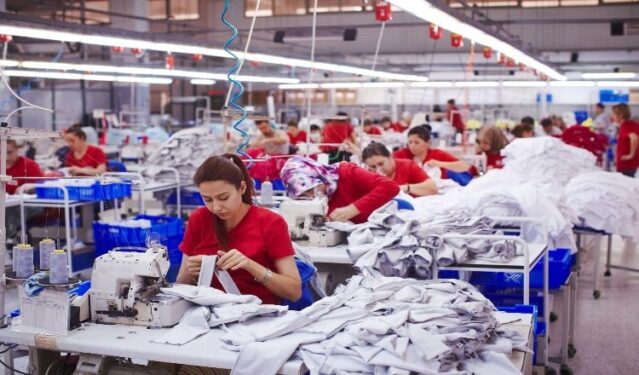
“The prohibition should apply to all products, of any type, including their components, and should apply to products regardless of the sector, the origin, whether they are domestic or imported or placed or made available on the Union market or exported.”
The rules target larger economic operators such as importers, manufacturers, producers and product suppliers because the risks of forced labour are most prevalent and the impact likely to be the largest, the paper said.
The onus however is on national authorities to prove that forced labour was involved in making and processing the products while preliminary investigations should be wrapped up within 30 working days.
They can then get customs bodies to block the circulation of the products or withdraw them from the market.
A database of forced labour risk in specific geographic areas or specific products made with forced labour imposed by state authorities will be set up and made available to the public.
Last year, the US enacted a law known as the Uyghur Forced Labour Prevention Act (UFLPA) to safeguard its market from products potentially tainted by human rights abuses in Xinjiang, where the US Government says China is committing genocide against Uyghur Muslims.
China denies abuses in Xinjiang, a major cotton producer that also supplies much of the world’s materials for solar panels, and says the law “slanders” the country’s human rights situation. – Sept 12, 2022


